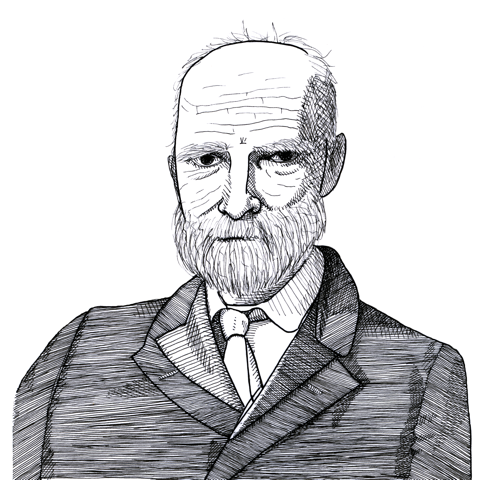
James Bryce on the Party Primaries and Conventions in the American political system (1888)
Found in: Modern Democracies, vol. 2.
The British jurist and statesman Viscount James Bryce (1838-1922) tries to explain to a European audience how “voluntary and extra-legal associations of citizens,” i.e. American political parties, were nationalized by the state and turned into “public political institution(s)” regulated by statutory law:
Parties & Elections
This (reform) was sought by the novel and drastic method of turning what had been a (private) party Meeting into a (public) Election (by polling) at which the citizens should be entitled to vote (a) for the selection of party candidates, (b) for the selection of delegates to a party Convention, © for the members of the local party Committee. All this has now been done in practically every State, though with an endless variety of details in the provisions of the various State laws. Rules are laid down for the making up of the roll of members of a party, for the conduct and modes of voting at the Direct Primary election (as it is now called), for the prevention of bribery, fraud, and violence, in fact for all the matters that have to be prescribed as respects the regular public elections to a legislature or any public office. This legal recognition of Party as a public political institution, this application of statutory regulation to what had theretofore been purely voluntary and extra-legal associations of citizens, strikes Europeans as a surprising new departure in politics.